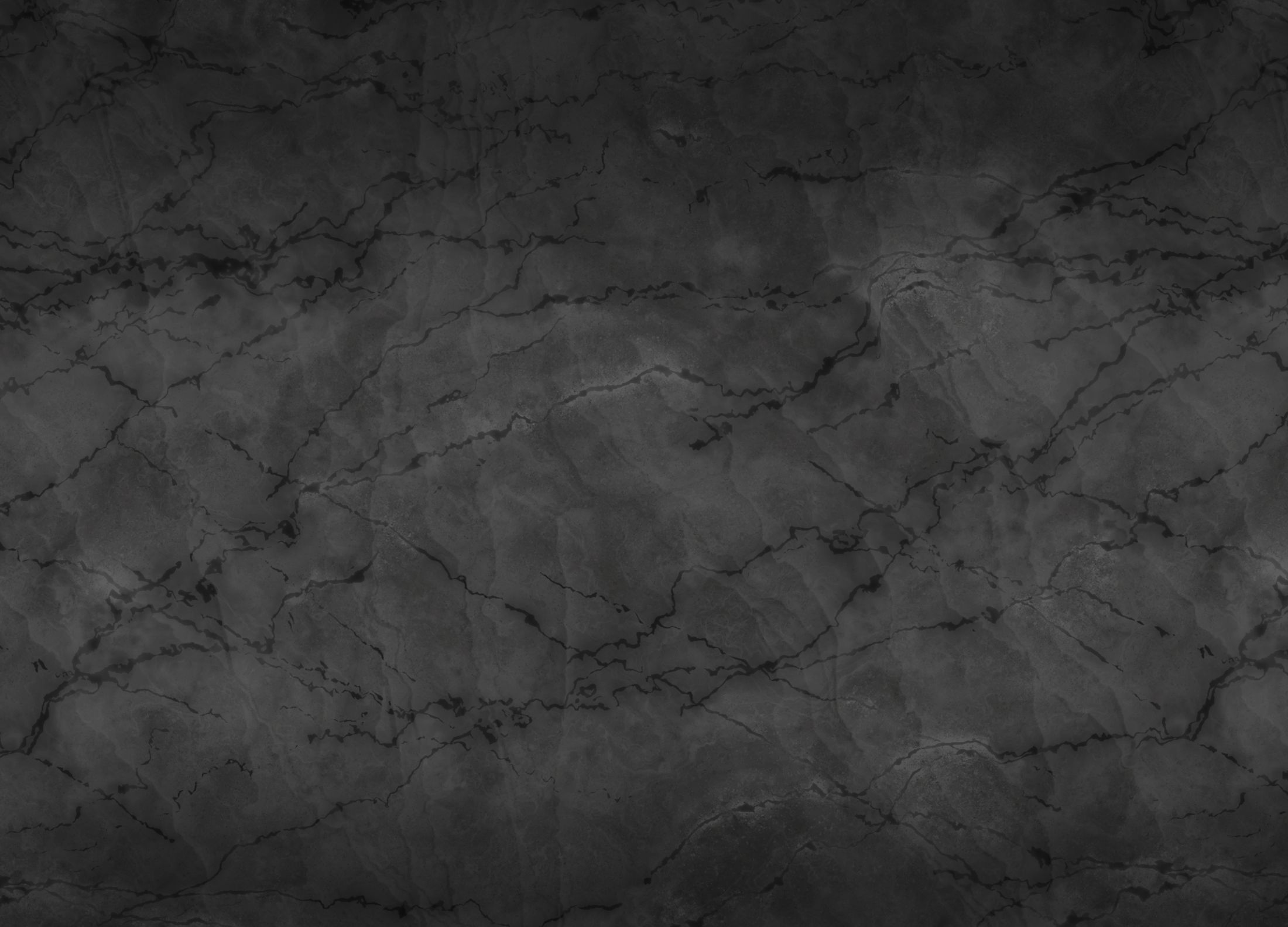

Mohs Surgery
Saving Face: Precision Care for Your Skin
Why Choose Plastic Surgery Group of Memphis for Mohs Surgery?
At Plastic Surgery Group of Memphis (PSG), we understand the complex nature of facial skin cancer and the importance of both effective treatment and aesthetic outcomes. Our team of board-certified plastic surgeons specializes in Mohs surgery and advanced reconstructive techniques, particularly for complex nasal reconstruction. We offer personalized care that addresses both the functional and aesthetic aspects of your treatment, ensuring the best possible results.

Mohs Surgery at a Glance
- Purpose: Precise removal of skin cancer with minimal tissue loss
- Success Rate: Up to 99% for previously untreated cancers
- Procedure Time: Variable, often several hours
- Recovery: Typically 1-2 weeks for initial healing
Overview
What is Mohs Surgery?
Mohs surgery is a highly effective technique for removing skin cancer, particularly in sensitive areas like the face. This procedure allows for the precise removal of cancerous tissue while preserving as much healthy tissue as possible. At PSG Memphis, we specialize in Mohs surgery for facial skin cancers, including complex cases involving the nose, lips, eyelids, and ears.
Skin cancer is widespread in the South. Large and small skin cancers on the nose, lips, eyelids, and ears may need reconstruction to avoid disfiguring scarring. The options for reconstruction include transferring skin from one place on the head and neck to the defect (skin graft) or moving adjacent skin (local flap or adjacent tissue transfer. Significant nose defects, such as those with exposed or removed cartilage and internal lining, are particularly complex and may need multiple-stage procedures. Facial skin cancer reconstruction is performed as an outpatient procedure. The final results usually take 3-6 months to appear.

The Gold Standard for Facial Skin Cancer Removal
What is the Mohs Surgery procedure like?
On the day of your surgery at PSG Memphis, our skilled Memphis Mohs Surgery surgeons will begin by removing the visible portion of the skin cancer. We then examine this tissue under a microscope to ensure all cancerous cells have been removed. If cancer cells are still present at the edges, we remove additional tissue from that specific area and repeat the process until we achieve clear margins.
We may need to perform multiple-stage procedures for complex nasal reconstructions or other significant defects. These surgeries are typically outpatient, allowing you to return home the same day.


Advanced Skin Cancer Care
What conditions does Mohs Surgery address?
Mohs surgery is primarily used to treat basal cell carcinomas (BCCs) and squamous cell carcinomas (SCCs), the two most common types of skin cancer. It's particularly effective for:
- Cancers in cosmetically and functionally important areas (face, hands, feet)
- Cancers with borders that are hard to define
- Cancers that have recurred after previous treatment
- Cancers in areas where preserving healthy tissue is crucial
Beyond the Surface
What areas of the body can Mohs Surgery address?
While Mohs surgery can be used on various body parts, at PSG Memphis, we specialize in facial Mohs surgery, particularly for the nose, lips, eyelids, and ears. These areas often require complex reconstruction to maintain both function and appearance.

Balancing Effectiveness and Aesthetics
What are the benefits of Mohs Surgery?
Mohs surgery offers several significant benefits:
- High cure rate: Up to 99% for new cancers and 94% for recurrent cancers
- Tissue preservation: Minimizes the removal of healthy tissue
- Immediate confirmation: Ensures all cancer is removed during the procedure
- Improved aesthetic outcomes: Allows for better reconstruction options
- Cost-effectiveness: Often more cost-effective than other treatments in the long run
Precision, Patience, and Expertise
Am I a candidate for Mohs Surgery?
If you have skin cancer in a cosmetically sensitive area, a large or aggressive skin cancer, or recurrent skin cancer, you may be a good candidate for Mohs surgery. During your consultation at PSG Memphis, our experienced surgeons will evaluate your case to determine if Mohs surgery is the best option.
Our team of board-certified plastic surgeons offers personalized treatment plans that address both the medical and aesthetic aspects of your care. Contact us today to schedule your consultation and take the first step toward effective skin cancer treatment and facial restoration.
Maximizing Care
Mohs Surgery Recovery
Recovery from Mohs surgery varies depending on the extent of the procedure and any necessary reconstruction. Most patients can return to normal activities within 1-2 weeks. We'll provide detailed aftercare instructions, including wound care and sun protection recommendations. Following these guidelines is crucial to ensure proper healing and optimal results.

Preserving Beauty
Mohs Surgery Results
The removal of the skin cancer is immediate, but the final aesthetic results, especially for complex reconstructions, may take 3-6 months to fully appear. The results of Mohs surgery are typically permanent in terms of cancer removal. However, it's essential to maintain regular skin checks to detect any new skin cancers early.
Mohs Surgery
Frequently Asked Questions
The procedure is performed under local anesthesia, so you shouldn't feel pain during the surgery. Some discomfort during recovery is normal and can be managed with prescribed pain medication.
While there will be a scar, our skilled surgeons use advanced techniques to minimize scarring and provide the best possible aesthetic outcome.
The duration varies depending on the size and location of the cancer. It can take several hours to process and examine the tissue during the procedure.
While Mohs surgery is primarily used for BCCs and SCCs, it can sometimes be used for certain types of melanoma. We'll discuss the best treatment options for your specific case.

